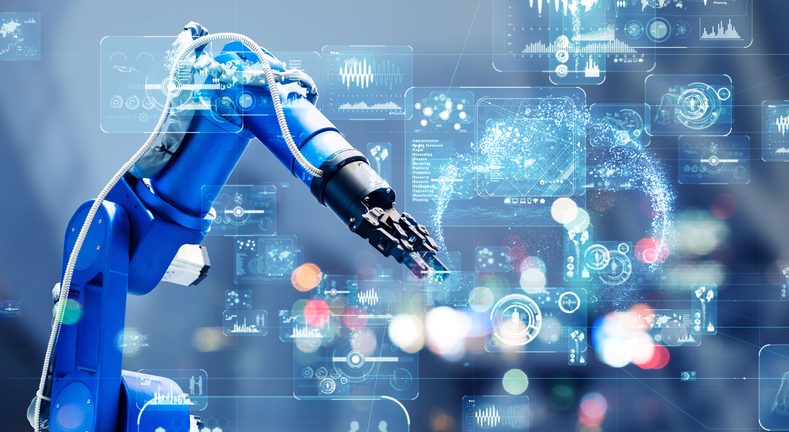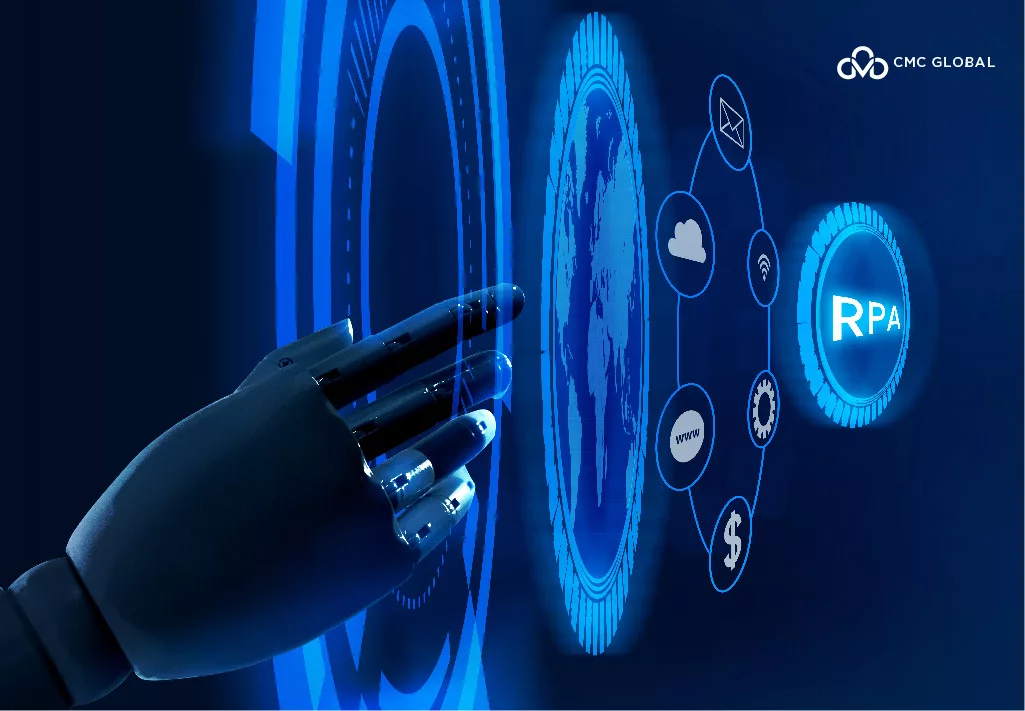Due to the catalyst of COVID-19, in 2020, the world witnessed a global transformation in every aspect, especially in the manufacturing industry. With massive quantities of data available, manufacturing becomes a blue ocean for AI adoption. This game-changing technology brings huge potential to manufacturers and leaves the industry with two options: embrace it or get left behind. However, to catch up on this trend manufacturers must carefully explore scenarios and understand the gap between the actual and optimal effects of AI in different projects.
The Trends
Global technology development was originally shaped by 5 major segments including electronics, semiconductors, business services, telecommunications, and smart consumers. When the value brought by smart consumers reached its highest point before falling down to a plateau, the 6th trend known as smart enterprises was discovered. The technology of the future is smart transformations where companies use digital technology to direct their solutions.

According to Deloitte’s survey on AI adoption, 93 percent of companies believe AI will be a vital technology to accelerate growth and innovation in the industry. By 2025, the market size of AI in the manufacturing sector is foreseen to surpass 2 billion USD with an average annual growth of over 40 percent since 2019.
The Challenges of AI Adoption
Even though AI has become an essential part of digital transformation, industrial manufacturing has not fully ready to embrace this trending technology. What is the main factor holding them back from AI adoption? Many companies even understand the potential of using AI-enabled systems in their production, but they still feel sophisticated when approaching this new technology. According to some common findings from OReilly, 23% of respondents state that their company culture doesn’t recognize the needs of AI as the main reason. Other major causes are a lack of data and skilled people, and difficulties identifying appropriate business cases, among others.

The most popular challenges are related to matters of Data, People, and Business Operations. That’s also the answer to why 91% of respondents in Deloitte’s survey said that their AI projects fail to meet expectations.
Recommendations for AI Adoption
When looking at AI adoption, you must consider corporate strategy, scenarios, data foundation, teams, partnerships, Proof-of-Concept (POC), and implementation. For manufacturers, integrating artificial intelligence will allow leaders to come up with the right decision and well use of millions of data points streaming in to provide solutions.

Align with Strategies and Goals
The first question to answer is whether their AI deployments match their strategies and goals. In other words, does this new adoption bring new revenue, reduce costs, or enhance operational efficiency? Selecting deployments of appropriate complexity to deliver business goals must be prioritized.
Define Scenarios
To find the right AI application scenarios, manufacturers must examine where technology can outperform humans. That will be the next important step toward a proper strategic approach.
Build Data Foundation
The actual root of AI relies on big data. Therefore, the database foundation is a top element that determines whether AI-applied projects will work smoothly or not.

Establish Teams and Partnerships
To successfully conquer an AI project, a professional team with AI experts and skilled engineers is indispensable. Find a trusted provider and work closely with them to come up with efficient solutions.
Run POC
After setting a clear scenario, finishing data foundations, and gathering a professional team, manufacturers should design a prototype and run a proof of concept (POC) of the AI process. After a short period of running POC, if the prototype is proven feasible, a large-scale implementation can be carried out.
CMC Global is proud to be the early adopter of AI in Vietnam with over 27 years of experience working with international companies. We provide AI consulting and AI Implementation services that help enterprises turn ideas into solutions.




